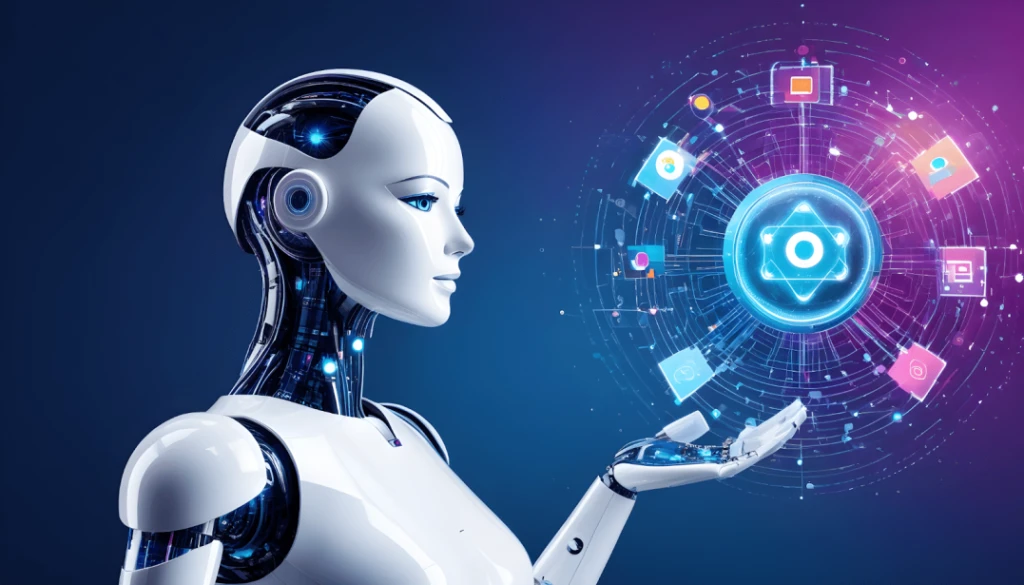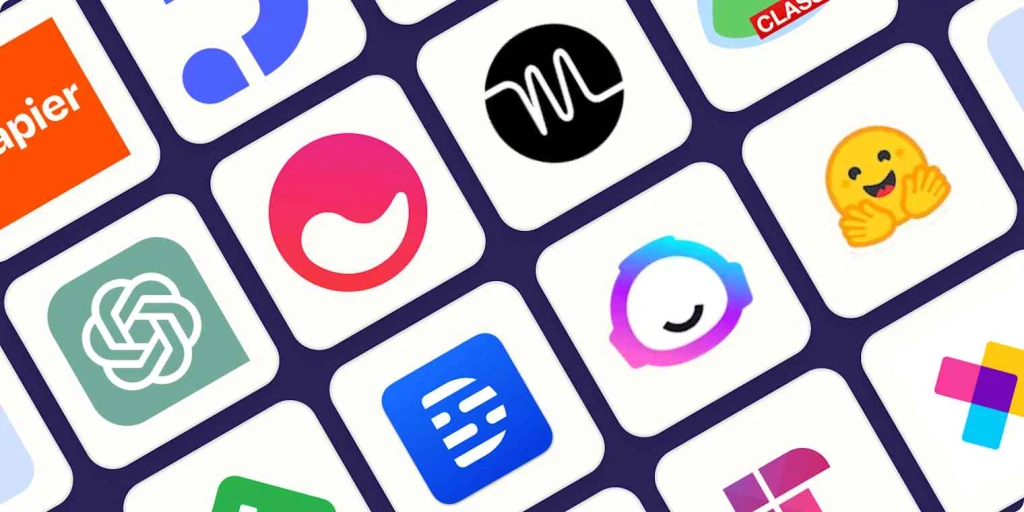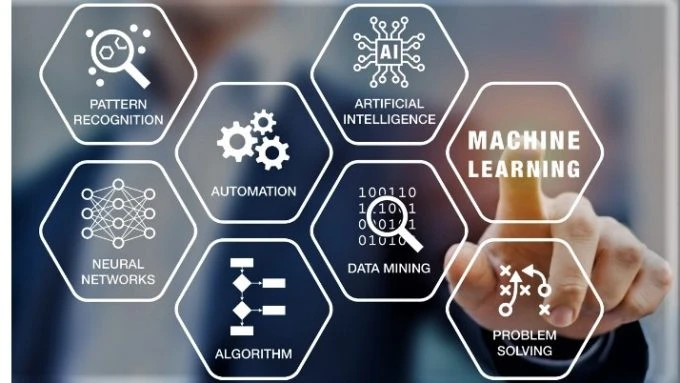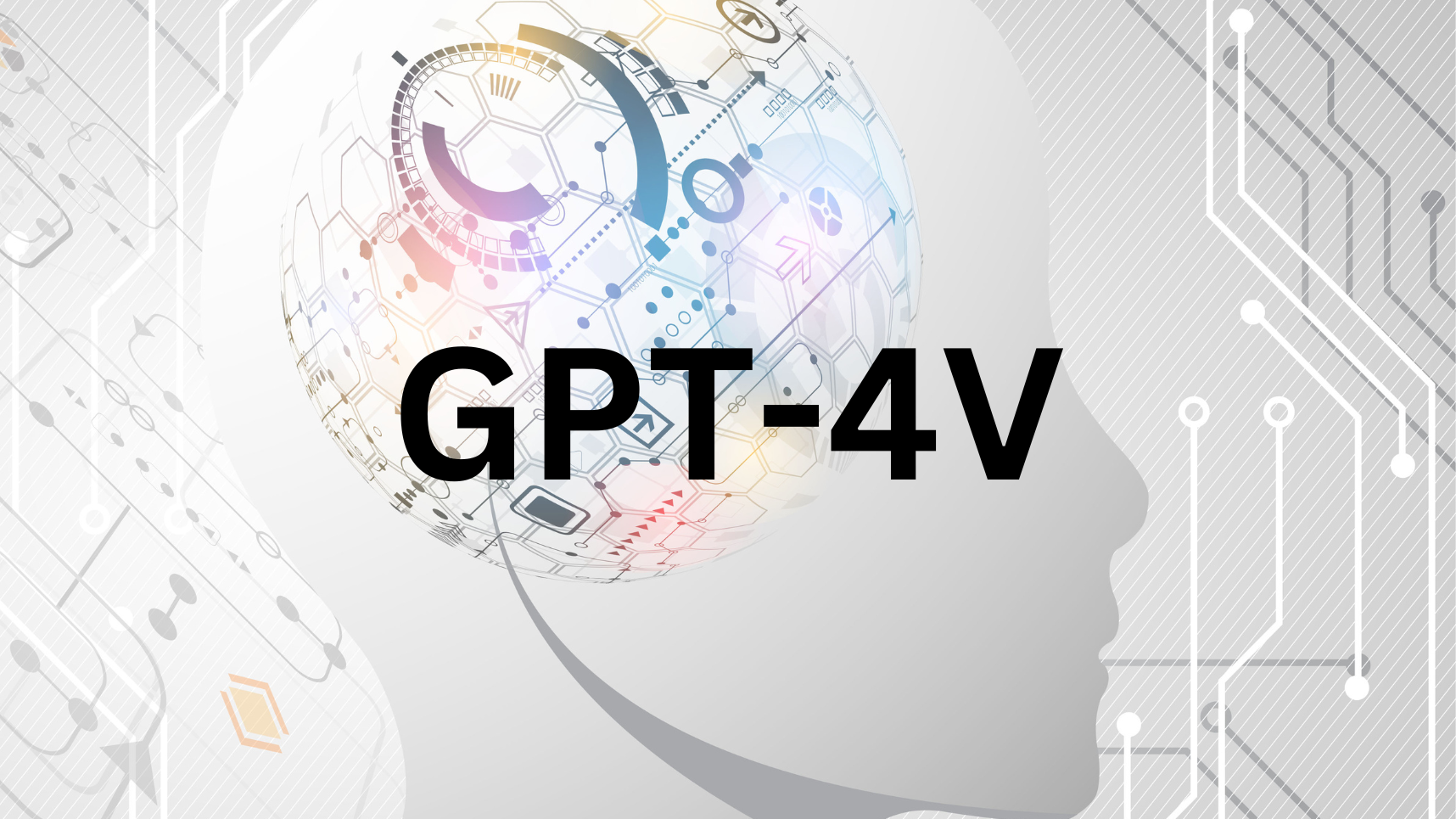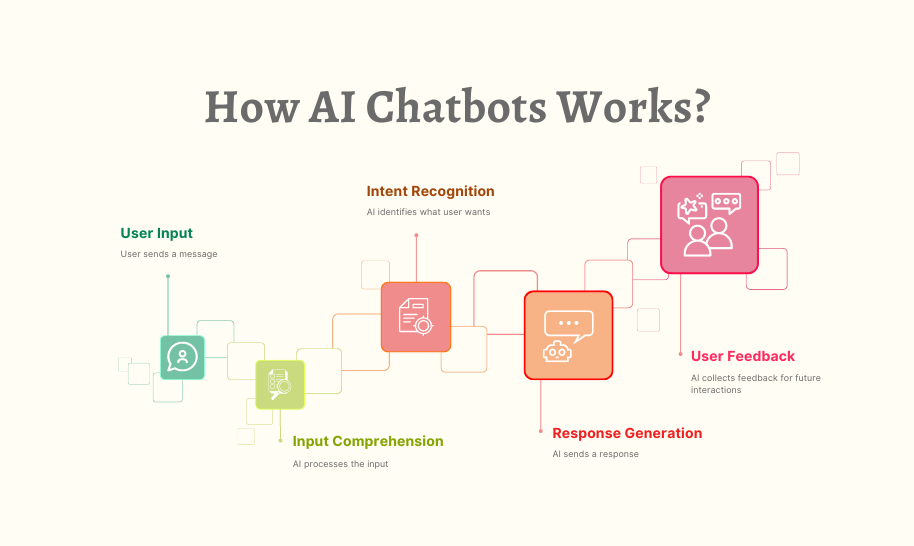Test AI on YOUR Website in 60 Seconds
See how our AI instantly analyzes your website and creates a personalized chatbot - without registration. Just enter your URL and watch it work!
1. Introduction: AI’s Growing Role in HR and IT Services
This blog explores smart AI strategies for HR and IT teams to boost efficiency, optimize processes, and drive innovation.
2. AI Strategies for HR Teams
1. AI-Powered Recruitment and Hiring
AI-driven applicant tracking systems (ATS) screen resumes and rank candidates based on job relevance.
AI chatbots handle candidate pre-screening, scheduling interviews, and answering FAQs.
Predictive analytics forecast candidate success and long-term retention.
2. AI for Employee Onboarding and Training
AI-driven learning management systems (LMS) provide personalized training programs.
Virtual assistants guide new employees through onboarding processes, paperwork, and company policies.
AI chatbots deliver real-time HR support for employees.
3. AI-Enhanced Employee Engagement and Retention
AI sentiment analysis evaluates employee feedback and satisfaction levels.
AI-driven pulse surveys detect workplace trends and morale shifts.
AI-powered analytics identify attrition risks and recommend retention strategies.
4. AI for HR Analytics and Decision-Making
AI analyzes workforce data to predict future hiring needs and skill gaps.
AI-driven insights help HR teams optimize performance reviews and compensation strategies.
AI automates compliance tracking, ensuring adherence to labor laws and company policies.
3. AI Strategies for IT Service Teams
1. AI-Powered IT Helpdesk Automation
AI chatbots handle common IT requests, such as password resets and troubleshooting.
AI virtual assistants provide self-service solutions for employees.
AI-driven ticketing systems prioritize urgent IT issues and reduce response times.
2. Predictive Maintenance and Incident Management
AI detects potential IT failures before they occur, reducing downtime and disruptions.
AI-driven monitoring tools analyze system logs for anomaly detection and security threats.
Automated alerts notify IT teams of performance issues in real-time.
3. AI for Cybersecurity and Risk Management
AI-driven security tools identify and mitigate cybersecurity threats.
AI-powered authentication enhances identity verification and fraud prevention.
AI monitors network traffic to detect potential data breaches and cyberattacks.
4. AI-Driven IT Analytics and Decision Support
AI analyzes IT support data to optimize workflows and improve efficiency.
Predictive analytics help IT teams plan for future infrastructure and resource needs.
AI-powered automation reduces manual workloads, enabling IT teams to focus on strategic initiatives.
4. Benefits of AI in HR and IT Service Management
1. Increased Productivity and Efficiency
AI automates routine tasks, allowing HR and IT professionals to focus on higher-value responsibilities.
AI-powered chatbots and virtual assistants provide instant support, reducing workload pressures.
2. Data-Driven Insights for Better Decision-Making
AI analytics offer real-time workforce trends and IT performance metrics.
AI-driven decision support tools enhance HR talent strategies and IT resource planning.
3. Improved Employee and User Experience
AI ensures faster response times and personalized support for employees.
AI-driven HR tools create a more engaging workplace culture and career development programs.
4. Cost Reduction and Optimized Resource Allocation
AI minimizes the need for manual HR and IT operations, reducing administrative costs.
Predictive AI helps IT teams optimize software licenses, hardware upgrades, and infrastructure investments.
5. Challenges of Implementing AI in HR and IT
1. AI Bias and Ethical Concerns
AI models must be trained on diverse data sets to prevent hiring and workplace biases.
Transparent AI governance ensures fair decision-making and accountability.
2. Privacy and Security Risks
AI-driven HR and IT systems must comply with data protection regulations (GDPR, CCPA, etc.).
AI must balance automation and human oversight to maintain trust.
3. Integration with Existing Systems
AI solutions should integrate seamlessly with HRIS, ITSM, and cloud platforms.
Companies must train HR and IT teams to effectively utilize AI-driven insights and automation.
6. The Future of AI in HR and IT Services
1. AI for Workforce Planning and Talent Optimization
AI-driven career pathing tools will help employees identify growth opportunities.
AI will forecast industry skill demands and workforce shifts.
2. AI-Enhanced IT Operations with Self-Healing Systems
AI-powered IT infrastructure will enable self-diagnosing and self-repairing systems.
AI-driven automation will optimize IT workflows for better performance and reliability.
3. AI-Powered Virtual Workspaces
AI will enhance remote work collaboration, employee productivity tracking, and virtual onboarding.
AI-driven digital assistants will support cross-functional teamwork and project management.
7. Conclusion: AI as a Catalyst for HR and IT Innovation
To fully harness AI’s potential, organizations must prioritize ethical AI use, data privacy, and workforce upskilling. As AI technology advances, businesses that embrace AI-powered HR and IT solutions will gain a competitive edge in talent management, IT operations, and digital transformation.
